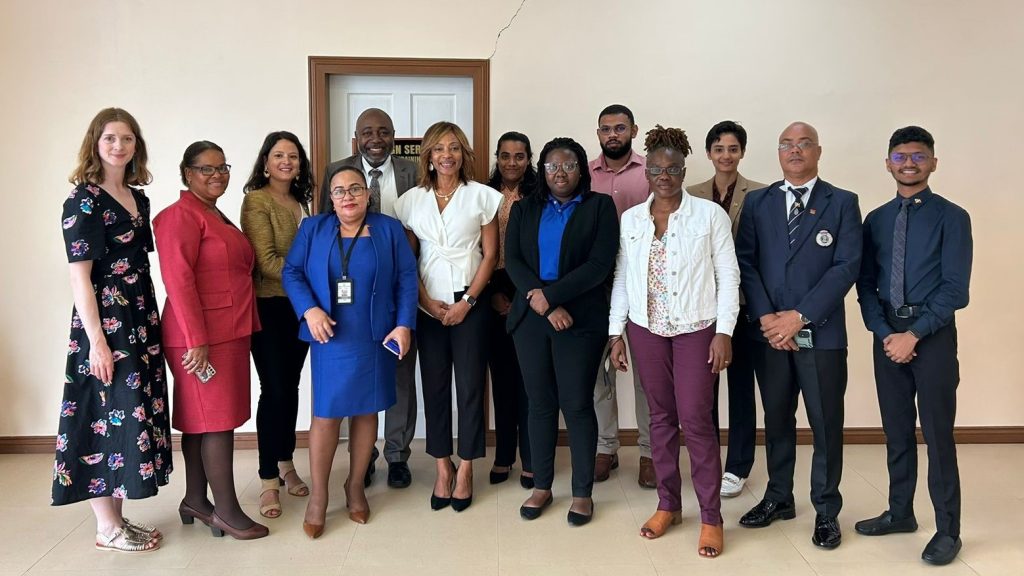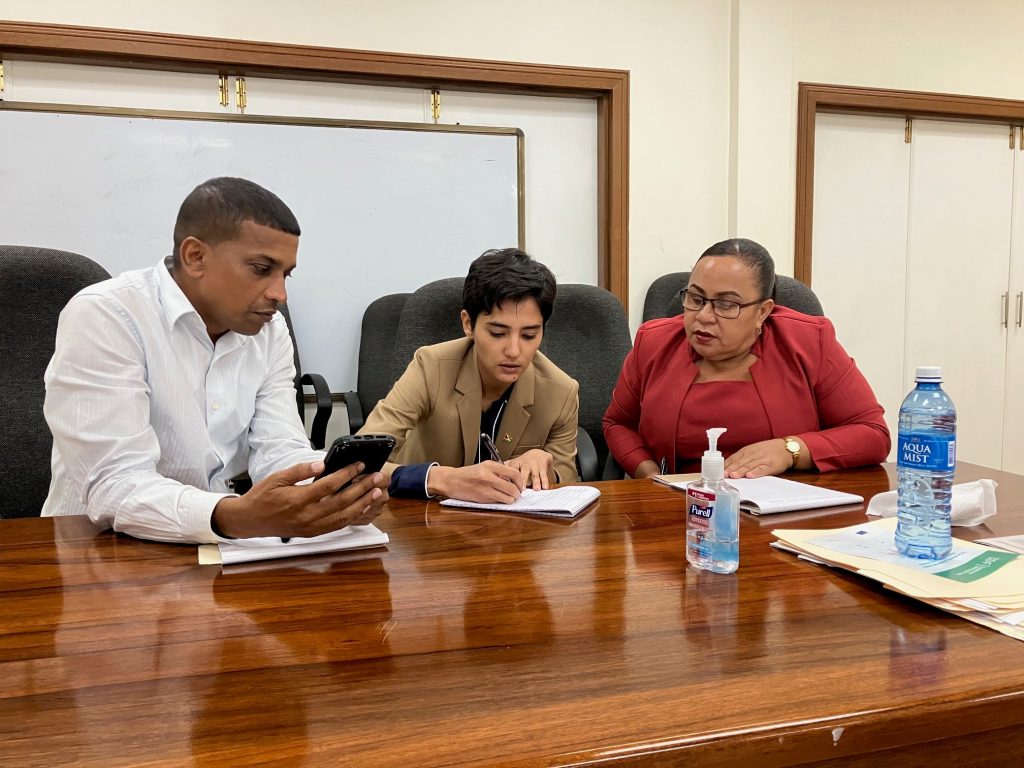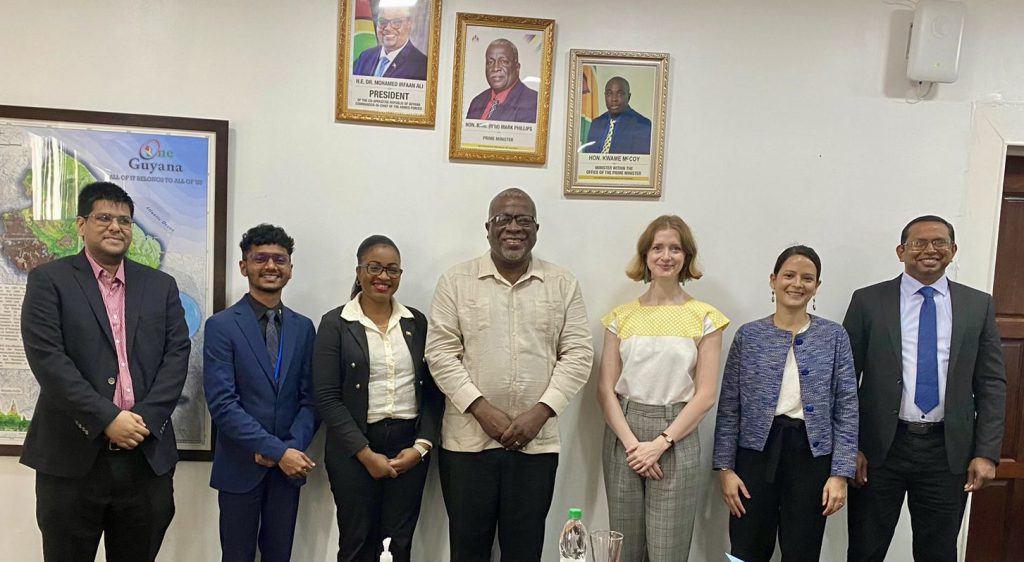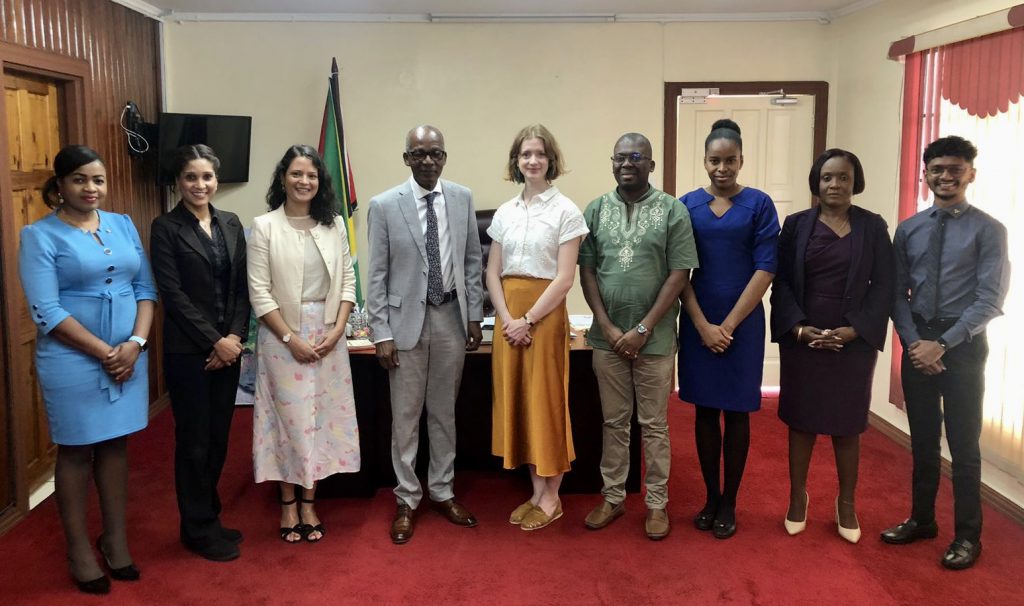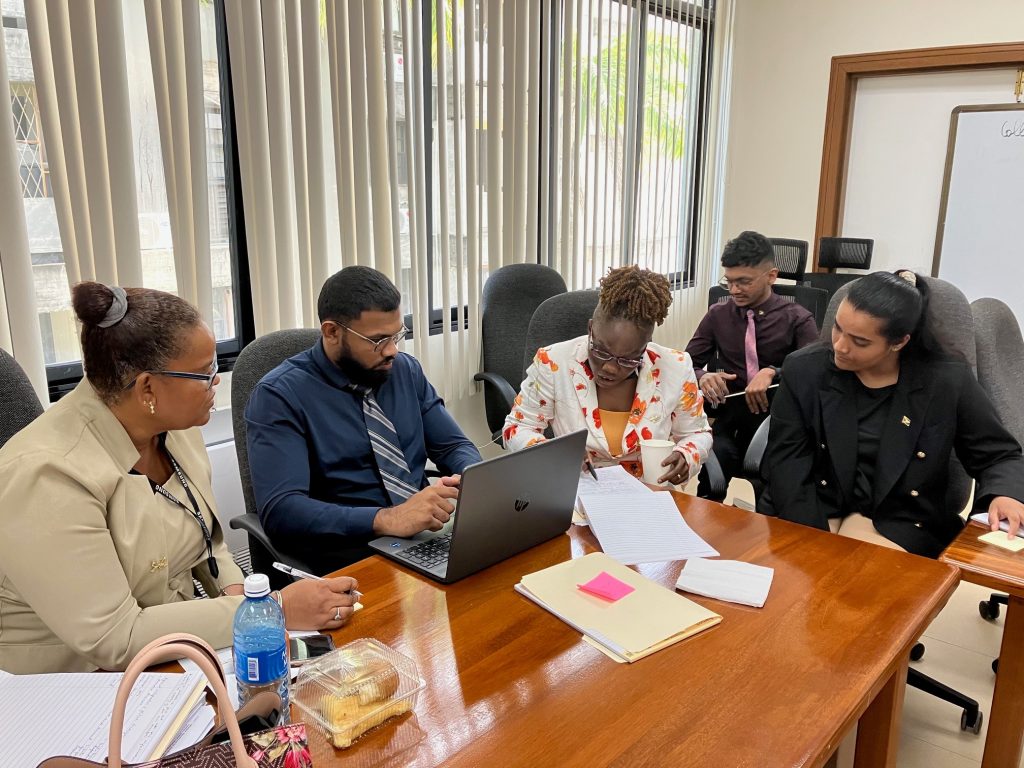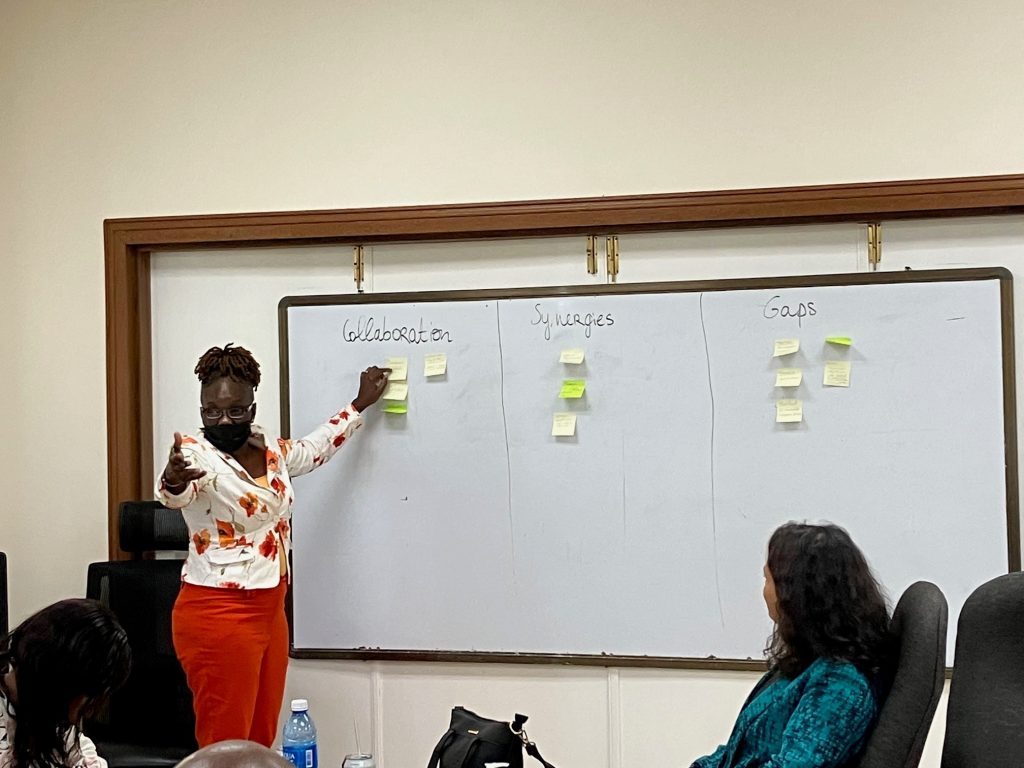
Preparing Guyana for digitalisation of services for the Guyanese diaspora
Since the discovery of oil and gas reserves in 2019, the Guyanese economy has experienced unprecedented growth, leading to the government announcing a significant transformational budget. A major element of this transformation is rapid development of the ICT sector. The forthcoming digital transformation presents a watershed opportunity for the Diaspora Unit to ensure that it includes diaspora engagement. By lobbying to mainstream diaspora engagement into a whole-of-government transition, the Diaspora Unit aspires to improve its service delivery and communication with the diaspora, thereby building trust between government and diaspora to allow a diversification of the relationship including, for example, work towards greater investment, knowledge and skills transfer and return programmes.
The action addresses the Diaspora Unit’s wish to understand how to digitalise government services with diaspora as a user group, and how to enhance its own service delivery using digital tools.

Programme of activities
Following the Diaspora Unit's initial request, the collaboration began with a collaborative design phase to narrow the scope in order to design the action and programme of activities.
The action is divided into four complementary modules, with elements of research, peer learning and skills development.
Expert Dr Agathe Randrianarisoa reviewed Guyana's approaches to digitalisation and diaspora engagement respectively, identifying needs and entry points.
Discussions were held with the Diaspora Unit, Ministry of Foreign Affairs and International Cooperation and other ministries and government agencies relevant for diaspora engagement to understand the status of government service digitalisation and diaspora engagement priorities.
EUDiF conducted desk research on practices in digitalising diaspora engagement, from consular service provision, to investment, tourism and everything in between.
Based on the results of the KIIs and Guyana's priorities, the action elects to focus on digital processes within skills transfer for the peer selection and profiling. In-depth profiles are created of skills transfer initiatives from Moldova, Romania and Lithuania.
Jamaica and Trinidad and Tobago join Guyana's Diaspora Unit for a regional peer exchange on diaspora engagement, digital service provision and skills transfer. They explored experiences from the region before discussing how practices in skills registries and transfer programmes from other regions could be tailored to the Caribbean context.
EUDiF accompanied a self-assessment of the Diaspora Unit's communication capacities and resources, comprising institutional resources and staff skills.
Online and in-person workshops on campaigning for talent attraction and place marketing are provided to the diaspora unit and selected government agencies to support planning and preparing communication and campaigns targeting the diaspora.
Based on the desk research, key-informant interviews, peer exchange and communication activities, the experts developed an actionable final report and resources with and for the Diaspora Unit, titled "Diaspora engagement priorities & recommendations: Exploring digital service delivery & skills transfer."
The action report with priority areas, concrete recommendations and a comprehensive toolkit of resources linked to skills transfer schemes and campaign creation was presented to the Diaspora Unit in the margins of the Future Forum at which there were further discussions on the potential for a Caribbean approach to elements of diaspora engagement.
